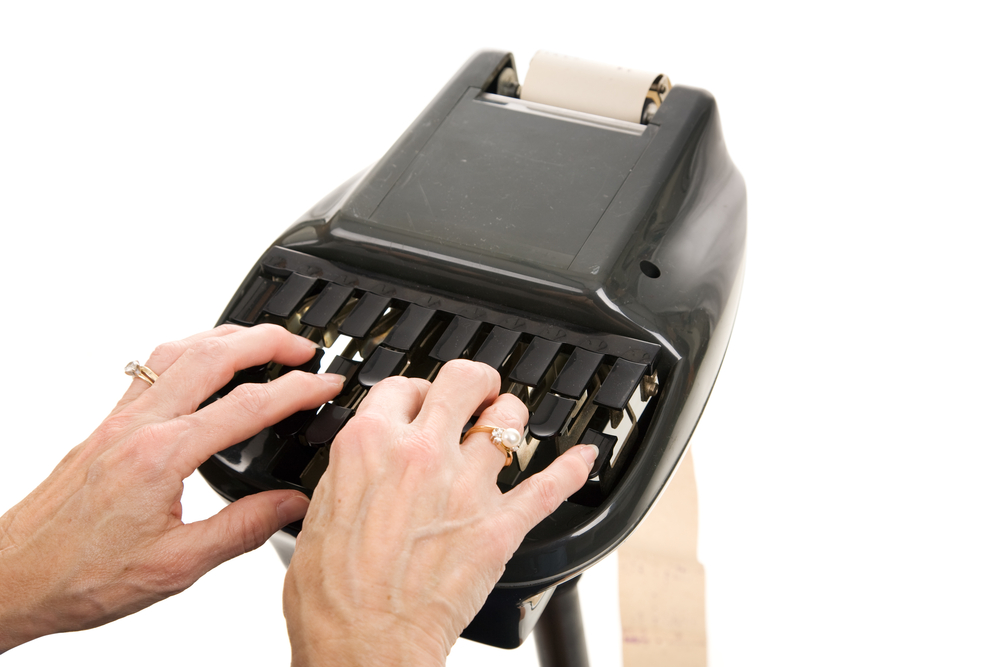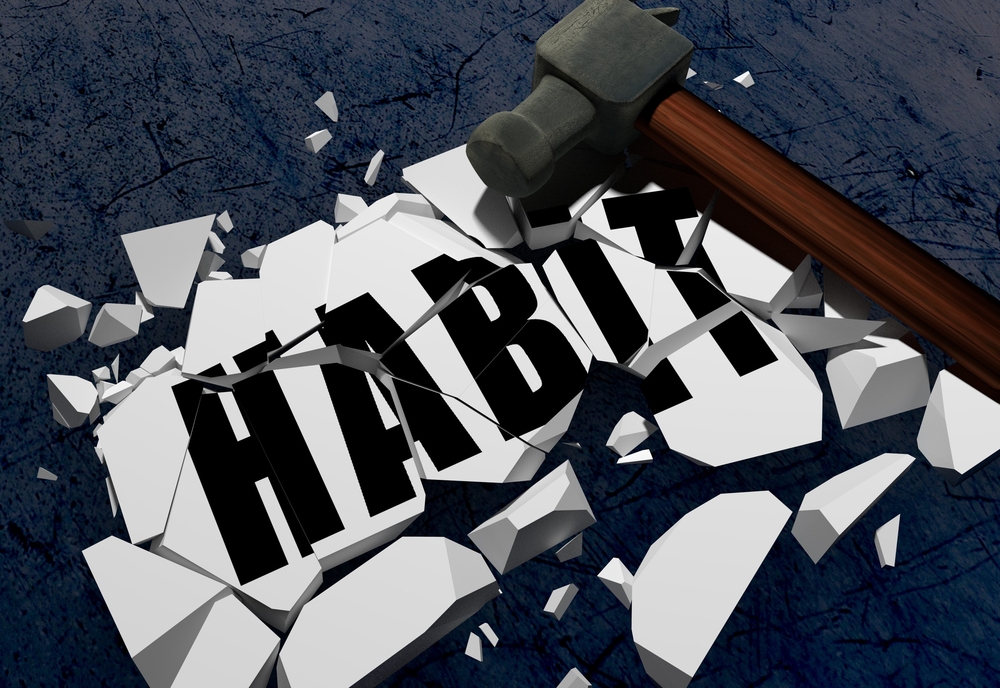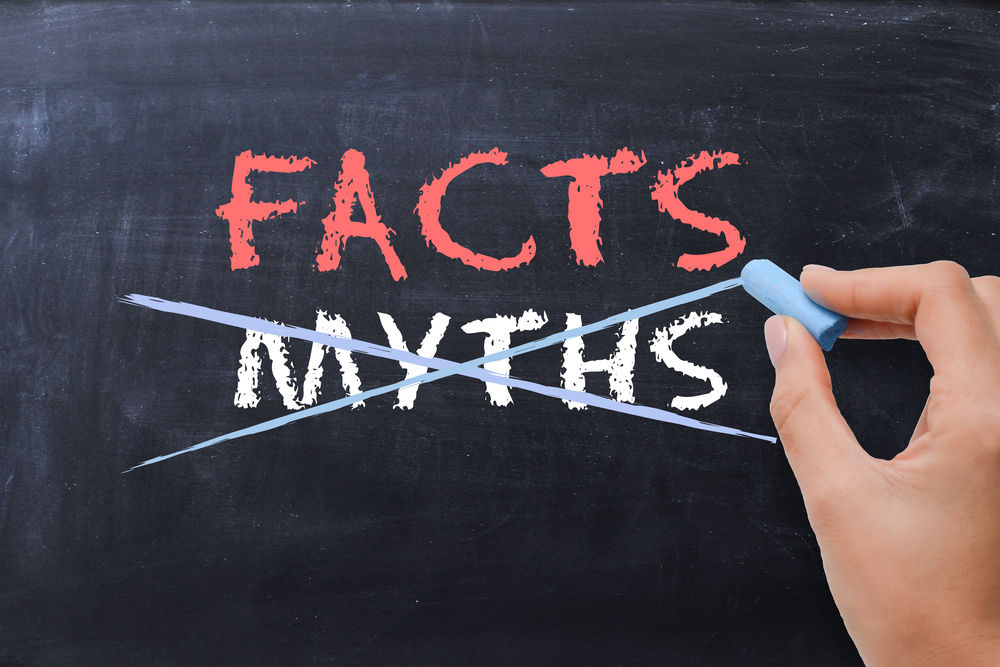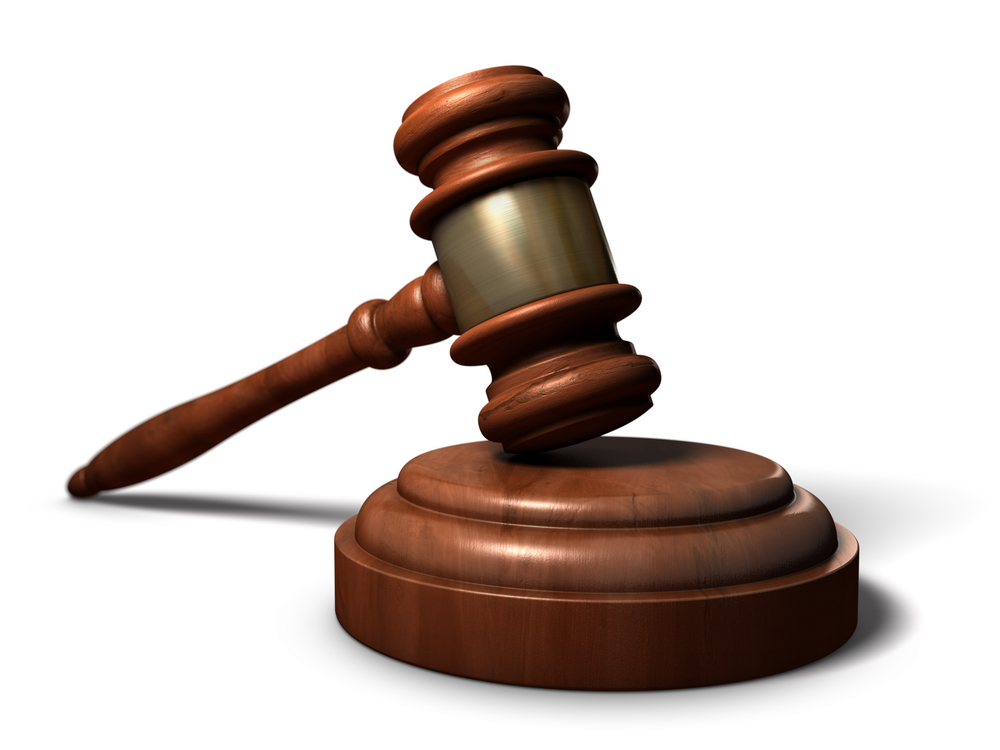Strategies for Overcoming the “Subjective Injury” Defense in Personal Injury Cases
In personal injury disputes, the "subjective injury" defense is a frequent tactic employed by defendants to contest the severity of the plaintiff's injuries. This argument argues that the plaintiff is simply exaggerating the severity of their ailments for financial benefit and that the plaintiff's injuries are subjective and cannot be reliably established. It might be difficult to overcome the subjective injury defense, but there are a number of tactics that can be employed to do so and establish the full degree of your ailments. Some of the best tactics are listed below: Medical records: The plaintiff's medical records are among the most crucial pieces of evidence in a personal injury case. These documents can be used to determine the extent of the plaintiff's injuries and can offer conclusive proof of the plaintiff's pain and suffering. Expert testimony: In some circumstances, it may be necessary to use expert testimony to determine the severity of the plaintiff's injuries. An objective assessment of the plaintiff's injuries and how they have affected her life can be made by an expert witness, such as a physician or physical therapist. Visual evidence, including as images and films, can aid to demonstrate the severity of the plaintiff's injuries and how they have affected his or her capacity to carry out daily tasks. Eyewitness testimony: Eyewitness testimony can give important information about the plaintiff's injuries and how they have affected her life. Eyewitnesses who have observed the plaintiff's condition and the challenges they have encountered as a result of their injuries, such as acquaintances, family members, and coworkers, can testify in court. Diaries and journals: Documenting your symptoms and how your injuries have affected your daily life in a diary or journal might [...]






